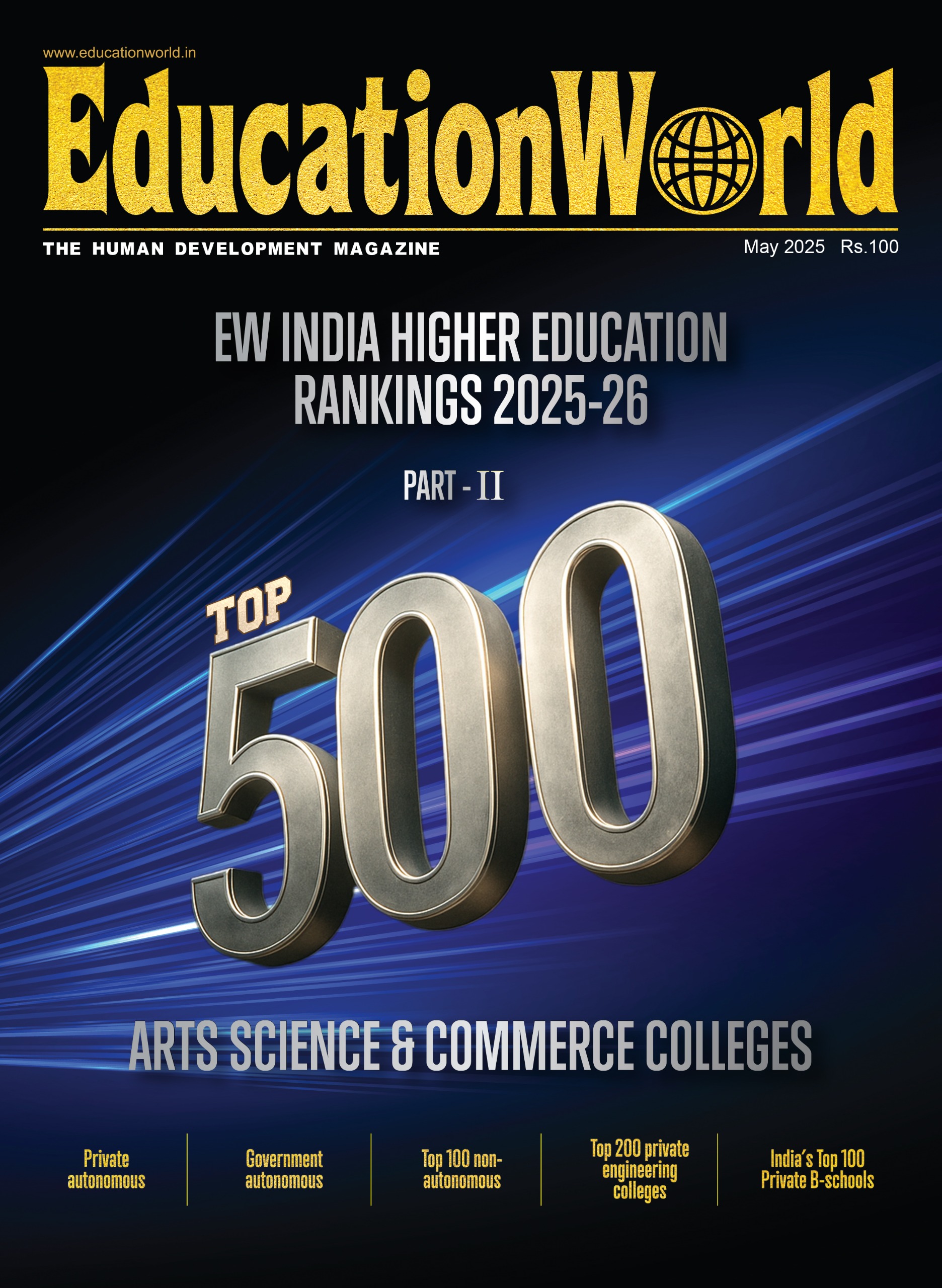 Udit Yadav, Founder & Director of Satan Digital
Udit Yadav, Founder & Director of Satan Digital
Social media is now an integral part of our everyday lives, be it scrolling through Instagram, viewing YouTube videos, or following popular news on Twitter. For some, these are merely entertainment tools, a means to relax after a long day. But what if the same amount of time spent on social media could be utilized to produce something productive—something that can be used to construct a career?
The nature of how we use social media is evolving. It’s not only a haven for selfies, memes, and viral videos anymore. It’s become a potential force for education, networking, and professional advancement. With a little strategy, social media has the potential to offer actual possibilities for learning new skills, forming connections, and even receiving job offers—all for less than going the traditional educational route.
One of the largest fields where social media is leaving its mark is in online marketing. Nearly every company these days uses social platforms such as Instagram, Facebook, and YouTube to market their company, and thus there is a need for individuals who know the dynamics of how online marketing works. The great news? You don’t necessarily need a traditional degree to join this profession. By watching how brands interact with their public, trying out content creation, and knowing the ins and outs of paid ads, you can gain valuable skills that companies are actively searching for. For example, let’s say you begin an Instagram account based on something you’re passionate about—fashion, fitness, or technology. As you build your account, you’ll automatically begin to learn about branding, content planning, and engagement.
These are things that businesses pay thousands of dollars for, and by learning them yourself, you not only skill up but also build a portfolio that can be used to attract potential clients or employers.
LinkedIn, which is generally considered a mere job search site, is also a goldmine for professional development. Though most use it only when in the job market, the site itself is teeming with advice from industry giants, debates on current trends, and learning. Professionals give out their experiences, marketing tips, and business tips that you won’t get to learn in classrooms. By commenting on these posts, posting your own thoughts, and connecting with individuals in your profession, you can learn and become visible that could result in surprising opportunities.
Additionally, LinkedIn provides courses on LinkedIn Learning, which spans a range of subjects including project management, coding, business analytics, and graphic design. These courses are conducted by industry professionals and are aimed at being applied, allowing you to learn new skills that can be immediately utilized in the workplace. If you want to change careers or simply learn more, LinkedIn can be a game-changer if used properly.
YouTube is another underappreciated learning platform that most people don’t use. Though it’s famous for entertainment, it also has thousands of excellent tutorials on just about everything. Want to learn graphic design? There are millions of free videos on Photoshop, Canva, and Illustrator. Want to code? Channels such as “freeCodeCamp” and “Traversy Media” provide full beginner-friendly courses. Even public speaking, video editing, and entrepreneurship can be learned completely for free.
The best thing about YouTube is that you can learn at your own speed, rewind classes, and practice with masters. Some individuals have made successful careers just by watching online tutorials and implementing what they have learned. Unlike conventional education, where you must dedicate years to learning, YouTube enables you to acquire skills in weeks or even days, depending on how committed you are.
Twitter (or X) is yet another site which can surprisingly work for career advancement. Although it might look like a place solely for news snippets and opinions, it is also where industry stalwarts share expert insights. With experts in your line of business, you will be kept current with the best industry trends, engage in important discussions, and even get leads on job postings. Most recruiters and entrepreneurs look for talent on Twitter, and interacting with their posts can draw attention to you.
Instagram, also, has transcended being merely a platform for influencers and lifestyle posts. Numerous professionals post career tips, productivity tips, and lessons learned from their experiences. Witnessing others succeed can be very inspiring, and watching the right accounts can keep you motivated to develop your own skills. Content creators, marketers, and business people are leveraging Instagram to promote their expertise, impart knowledge, and establish personal brands.
The secret to social media benefiting your professional life is balance. Naturally, it’s enjoyable to see memes and keep up on trends, but investing even a little of your time into finding out something new can pay dividends. Reading industry moguls, participating in professional forums, watching free courses online, or simply studying successful individuals’ methods for using these sites can increasingly differentiate you in your profession.
It’s amazing how much one can pick up merely by being more mindful of the time spent on the web. If you use only 30 minutes each day to watch worthwhile content rather than mindlessly scrolling, that equates to hours of learning per month. This accumulates over time, and before you realize it, you’ve acquired skills that improve your employability as well as your standing in your trade.
At the end of the day, social media is not all about being entertained—it’s a platform that can influence your future. The next time you find yourself scrolling endlessly, ask yourself: Could I be spending this time learning something valuable? Could I be connecting with the right people? Could I be making tiny strides toward my career aspirations? The answer is almost always yes.
Social media is what you do with it. Used well, it can be the door to new opportunities, self-development, and even wealth. So rather than being a consumer, become a creator, a learner, and a networker. The future is for those who can harness these platforms for their benefit.
Also read: Navigating the Future: Essential skills every young professional needs in tech era























